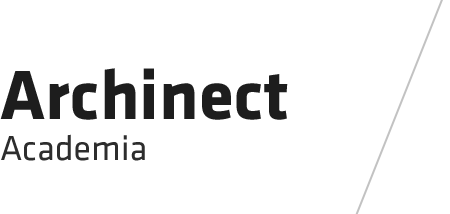
Princeton, NJ
PARTICIPANTS: Peter Galison, Manuel deLanda, Andrew Barry, Anthony Vidler, Dominique Boullier, Sophie Houdart, Graham Burnett, David Benjamin, Natalie Jeremijenko, Tomas Saraceno
The symposium is inspired by the recent publication of Cosmopolitics by Isabelle Stengers. Stengers argues that a politics that will not be attached to a cosmos is moot, and that a cosmos detached from politics is irrelevant. She presents us with a new way of understanding a diverse range of practices and their relation to a material and living world. Ecology of practice is used here not as a naturalizing metaphor, but as a politically sensitive concept to capture and understand contemporary scientific, design, artistic and urban planning practices. Ecology is an alternative to modernization. It is a new way to handle all the objects of human and non-human collective life.
The symposium aims at proposing new ways of addressing designers to what they do, and therefore other ways of addressing the others. We set the questions: How can design practice be read "from within" -- first, as a dynamic way of incorporating as constitutive dimensions the criteria and modes of judgment of a collective practice, second, in the ecology of relationships among disciplines, in their controversies through which the scope, rights, and obligations of a practice are discussed and challenged? What are the requirements, constraints, and obligations of different types of creative and fabricating relationships? How do they affect the practitioners? How can we foster designers' own force and make present what causes designers to think, feel, and act? Who is, or will be, affected by the design and how? How is the agency of other species and objects taken into account? These are all cosmopolitical questions.
To provide answer to these questions, historians, anthropologists, science studies scholars, sociologists, political scientists, urban historians, architects, designers and artists are invited to tackle the ecologies of diverse practices: of physicists, engineers, activists, urban planners and designers, oceanographers, ecologists and natural scientists. The point is not to learn from the others "as they are," but to learn from them as they become able to produce relevant ways of resisting what defines them. This trans-disciplinary dialogue on ecology of practice is expected to actively create the possibility of new types of 'we', which will undo the molar socio-professional strata of architects as a group. This will create new possibilities for designers to be present and to connect.